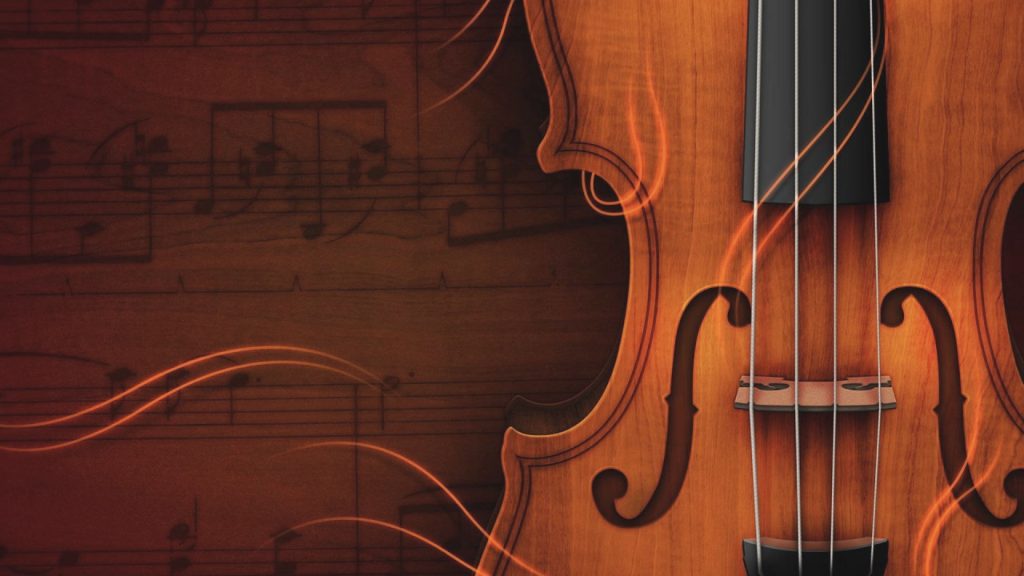Donizetti is the first composer whose work I have tried to tackle. My goal was and is to provide serviceable English versions of all of the 60-odd operas he composed during his 25 year productive career. Of course, as with all 18th- and 19th-century Italian opera, the archaic poetic language that characterizes the serious works takes some getting used to. For another, many of the earlier libretti written for Naples include a buffo bass character who sings in Neapolitan dialect. With that I do the best I can, but I’m sure there are things I will have misconstrued. I welcome corrections and suggestions. As elsewhere, I have tried to steer a course between strict literal interpretation and readability, erring on the side of the literal as I find it more useful for opera lovers who want to understand the Italian rather than just the gist. Consequently there is much that is stilted and awkward. That’s just the way it is.
Il campanello di notte (1836)
Comic Opera in One Act
Libretto by the composer
Betly, o La capanna svizzera (1837 version)
Opera buffa in two acts
Libretto by Gaetano Donizetti.
First presented in 1836 in one act with spoken dialogue, then expanded with additional music and recitatives instead of dialogue.
L’assedio di Calais (1836)
Lyric drama in 3 acts
Libretto by Salvatore Cammarano
The story is celebrated by Rodin in his famous sculpture Les bourgeois de Calais and was the subject of a number of plays that served as the librettist’s sources.
Pia de’ Tolomei (1837)
Lyric Travedy in Two Parts
Libretto by Salvatore Cammarano
Roberto Devereux (1837)
Lyric Tragedy in Three Acts
Libretto by Salvatore Cammarano
Maria de Rudenz (1837)
Tragic Drama in Three Parts
Libretto by Salvatore Cammarano
Poliuto (1838)
Lyric Tragedy in Three Acts
Libretto by Salvatore Cammarano
La favorite (1840)
Grand Opera in Four Acts
Libretto by Alphonse Royer and Gustave Vaëz
Adelia, o la figlia dell’arciere (1841)
(Adelia, or the Archer’s Daughter)
“Melodramma serio” in Three Acts
Libretto by Felice Romani and Girolamo Maria Marini
Rita, ou le mari battu (1841, first performed in 1860)
Comic Opera in One Act
Libretto by Gustave Vaëz
